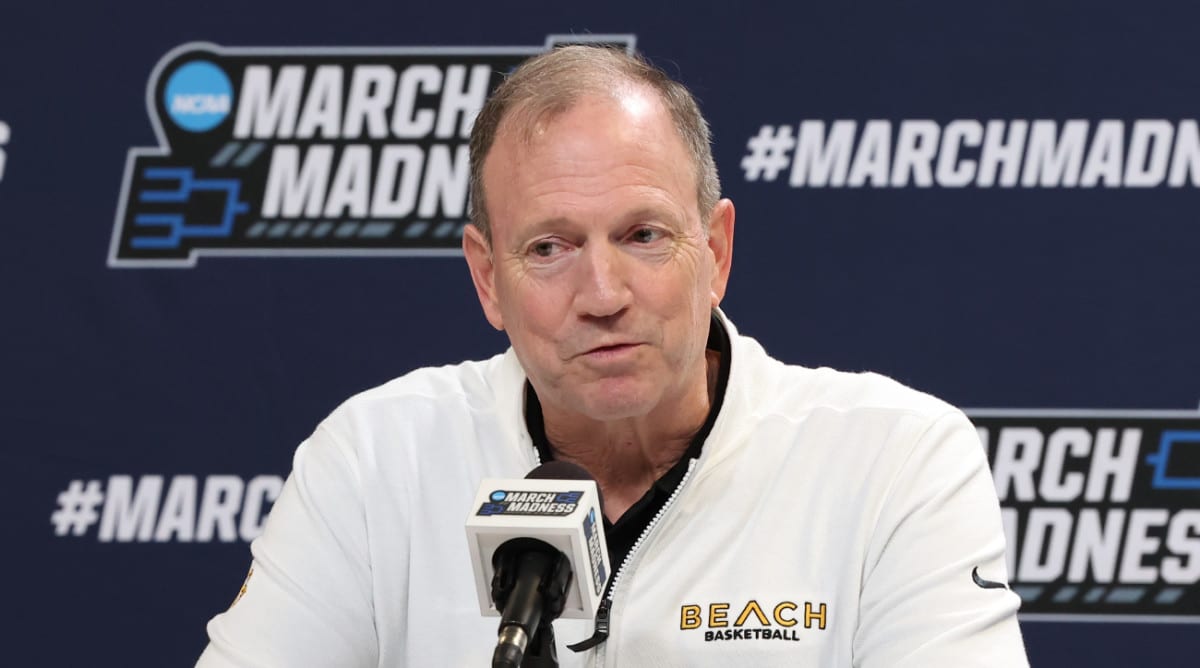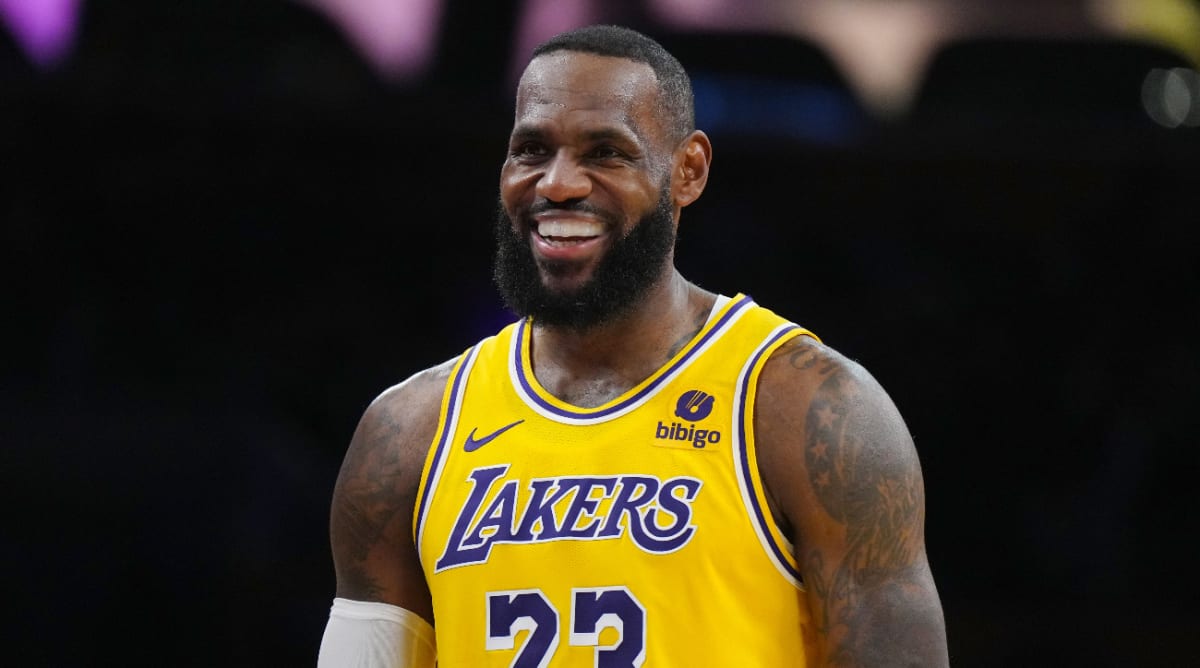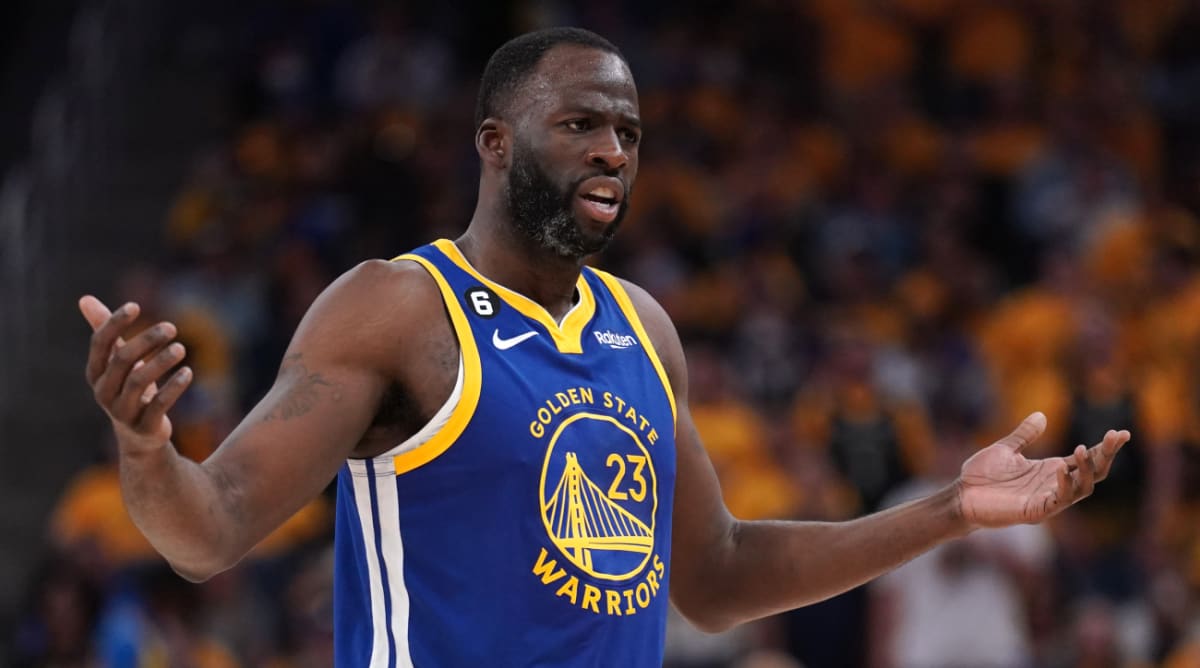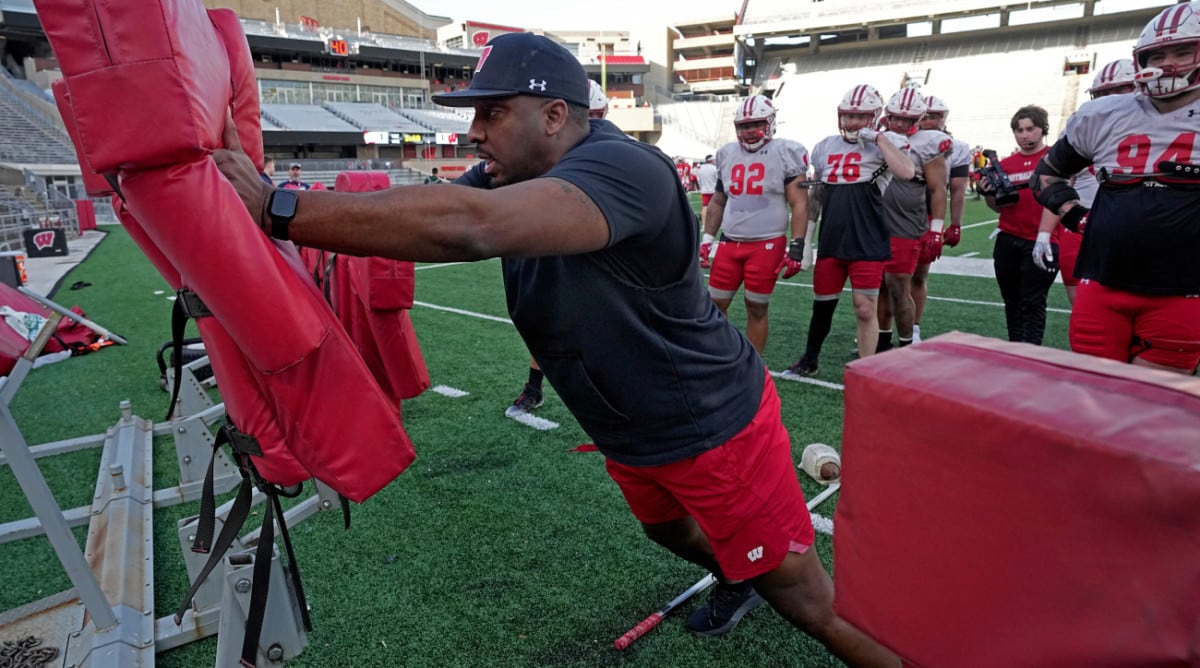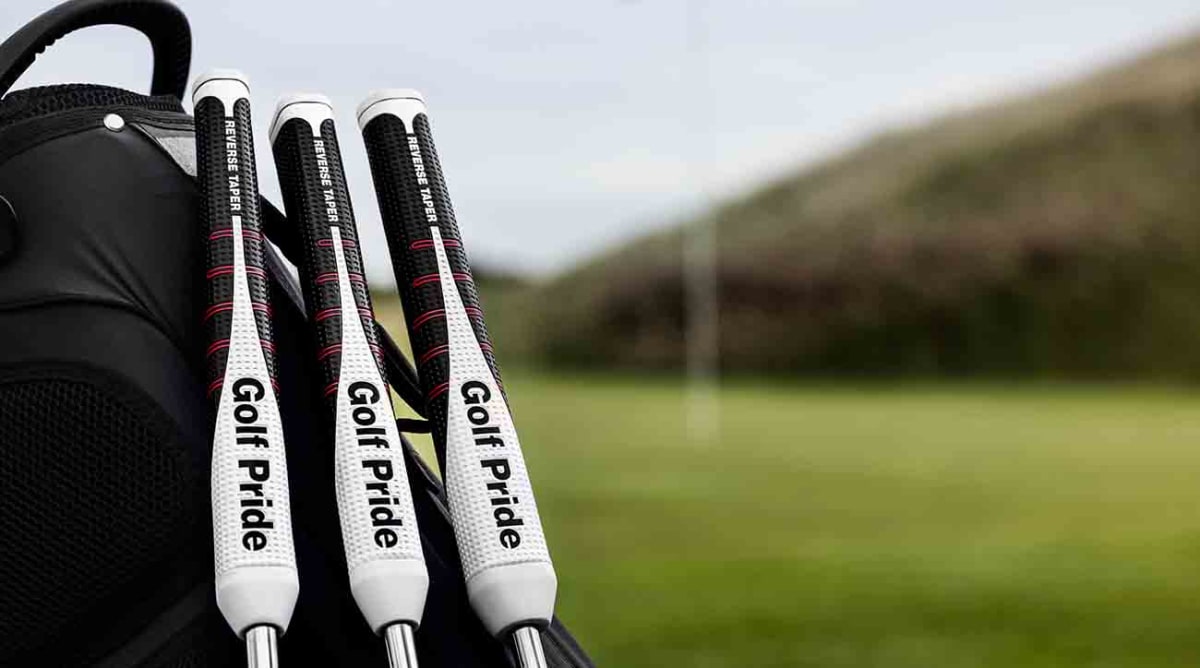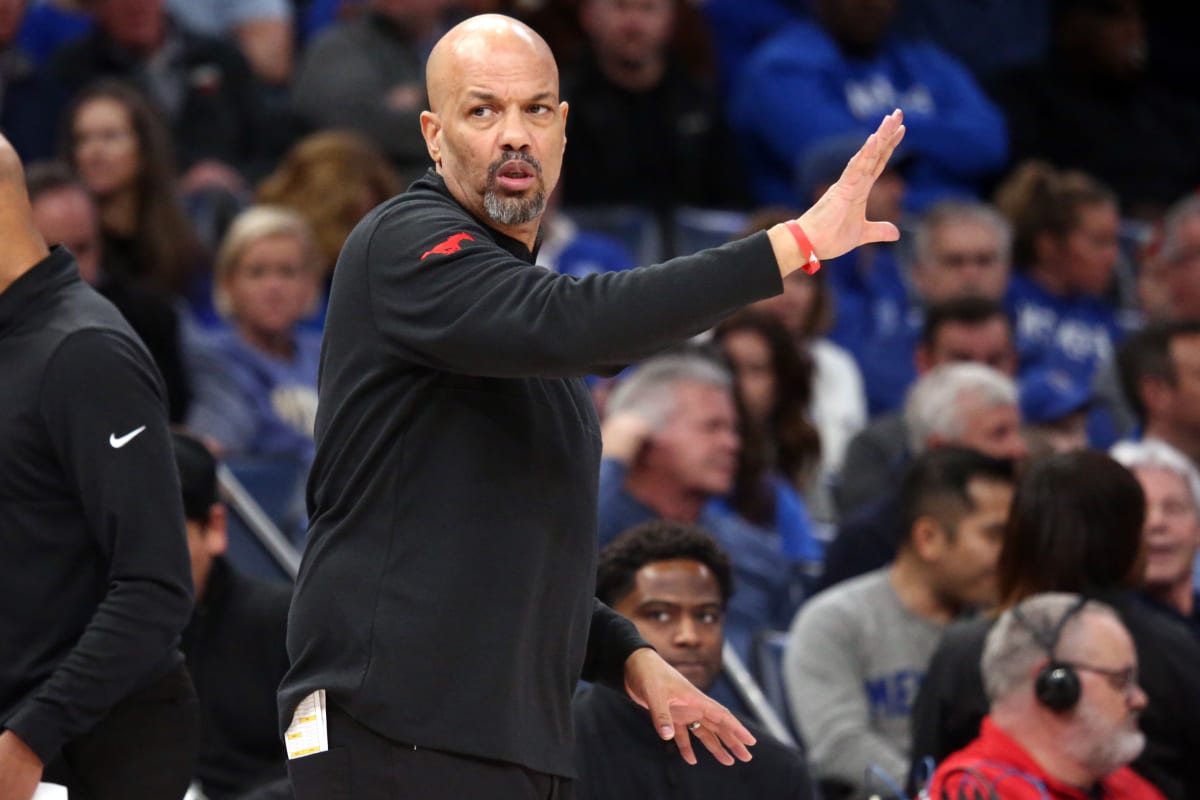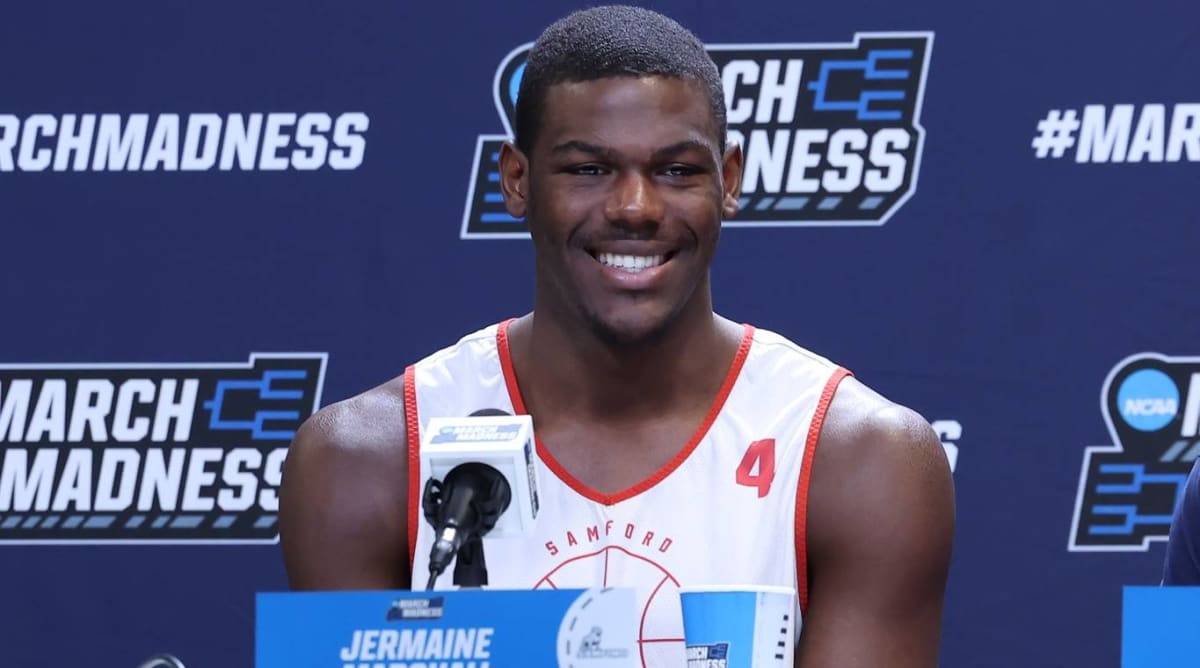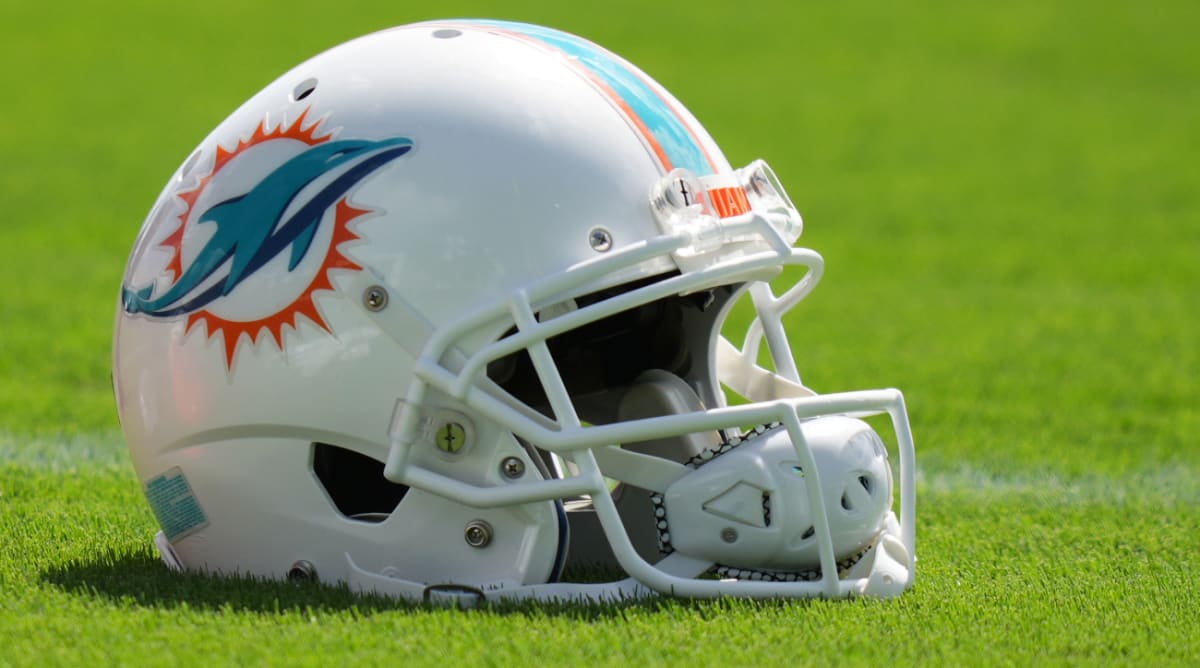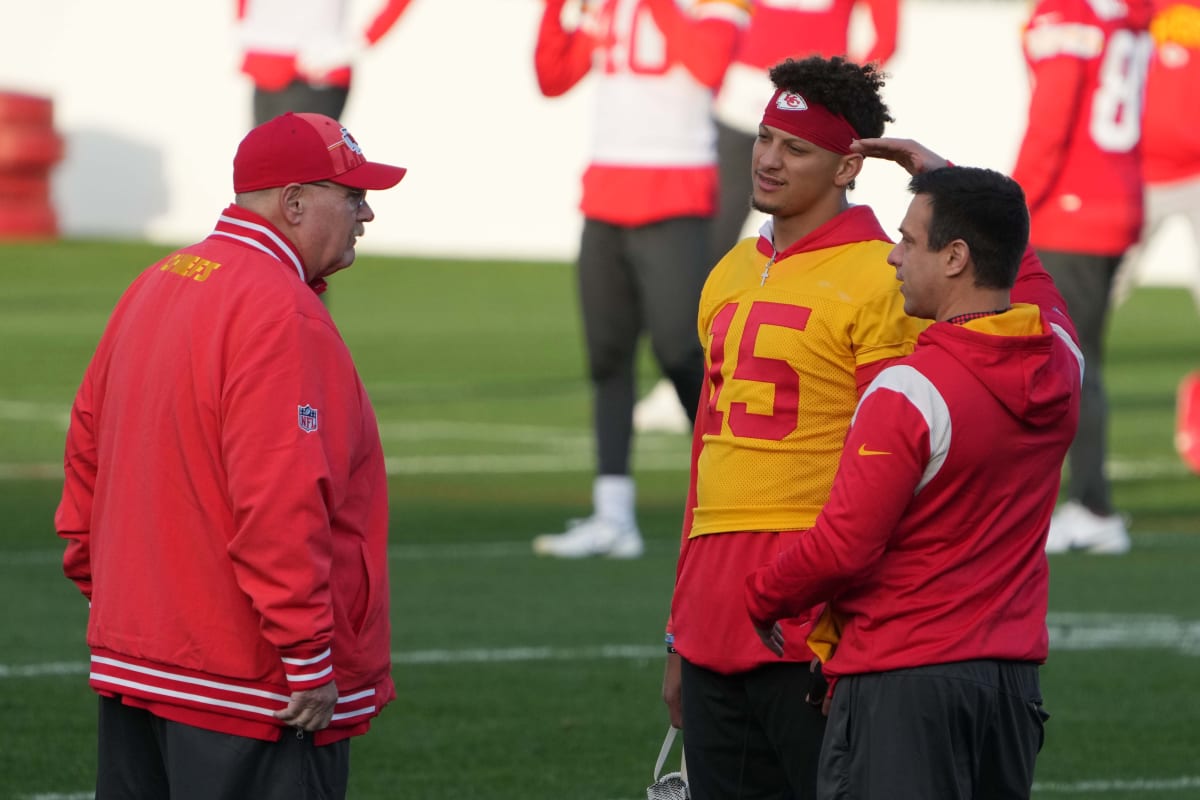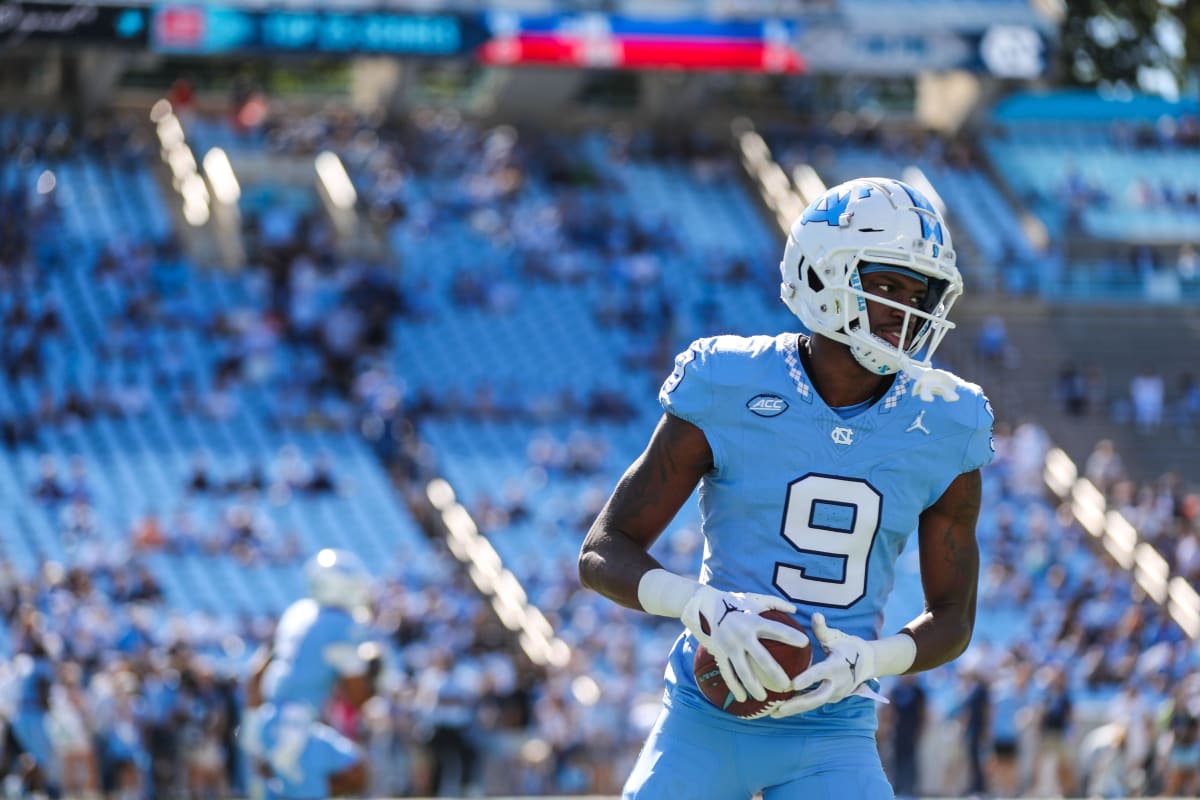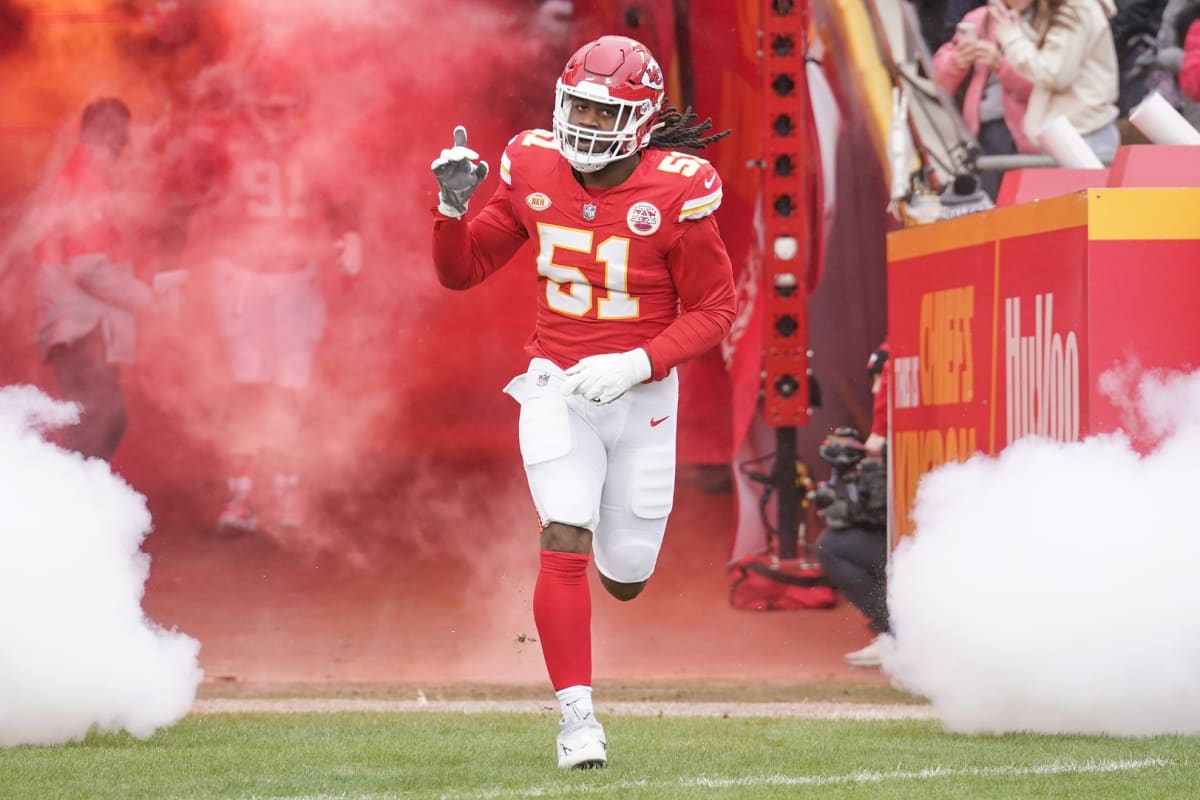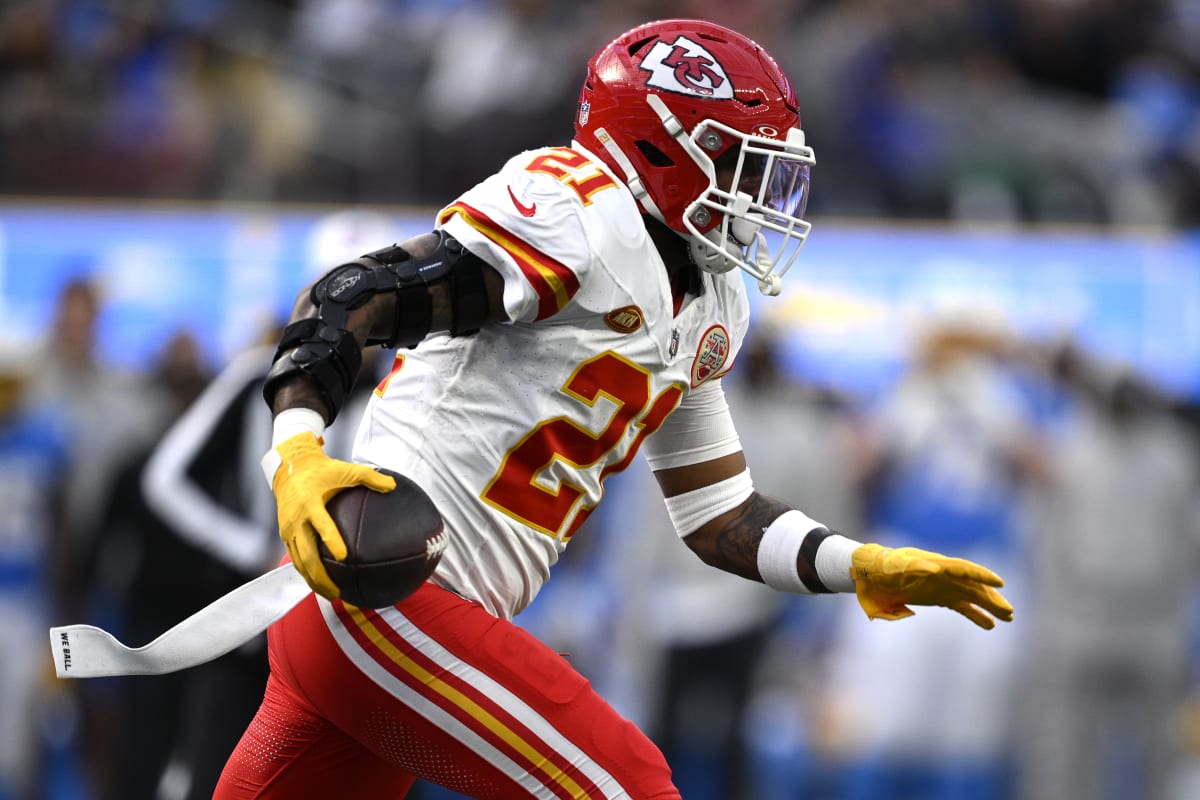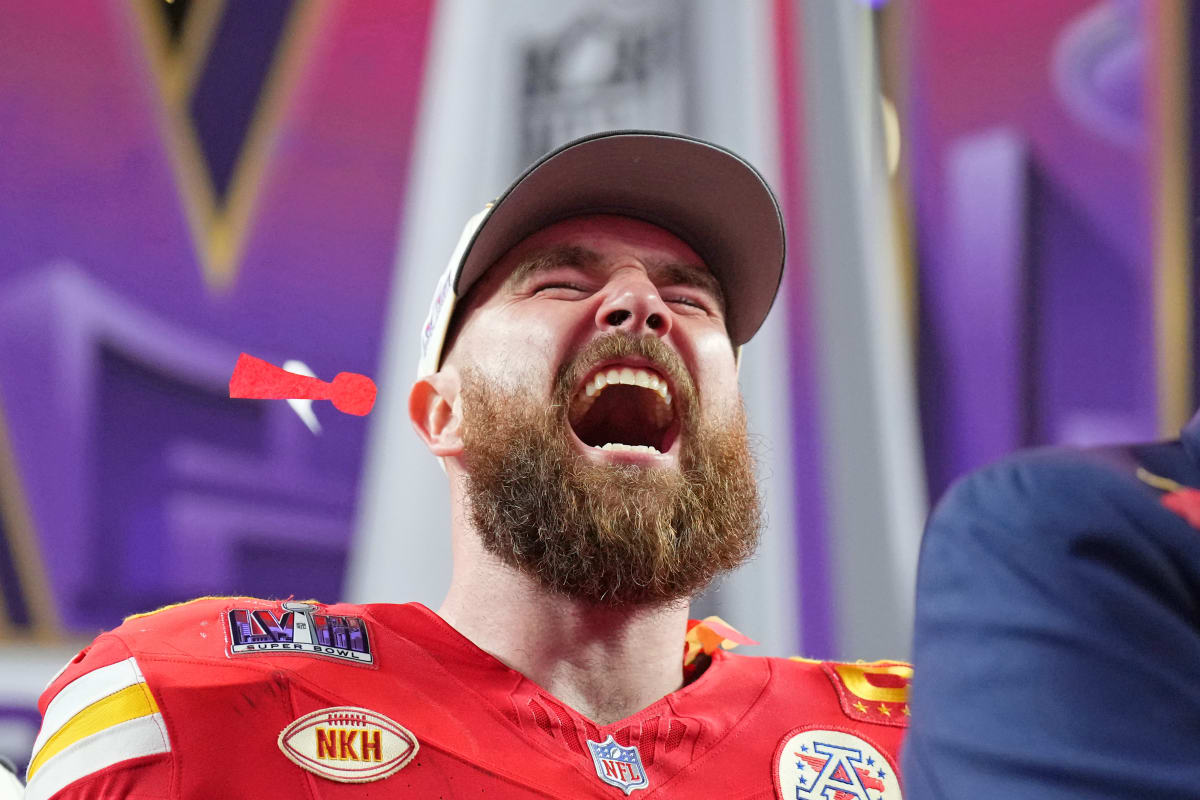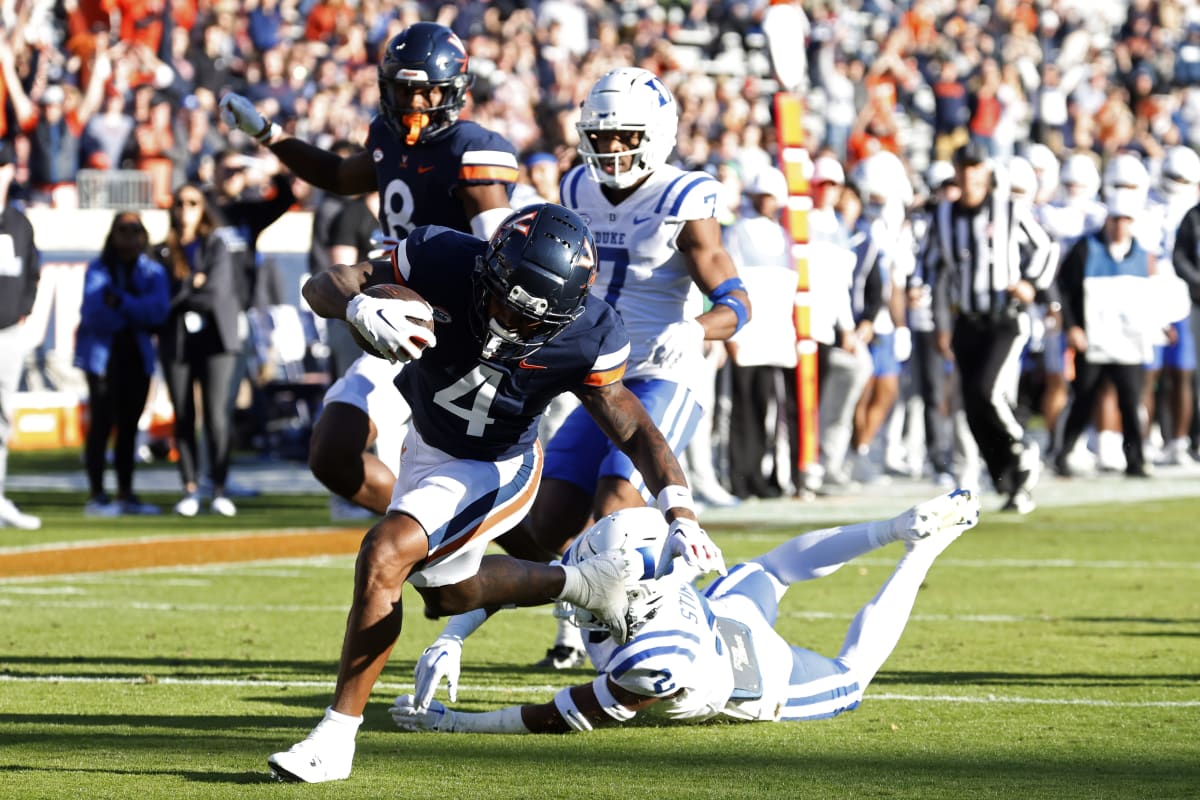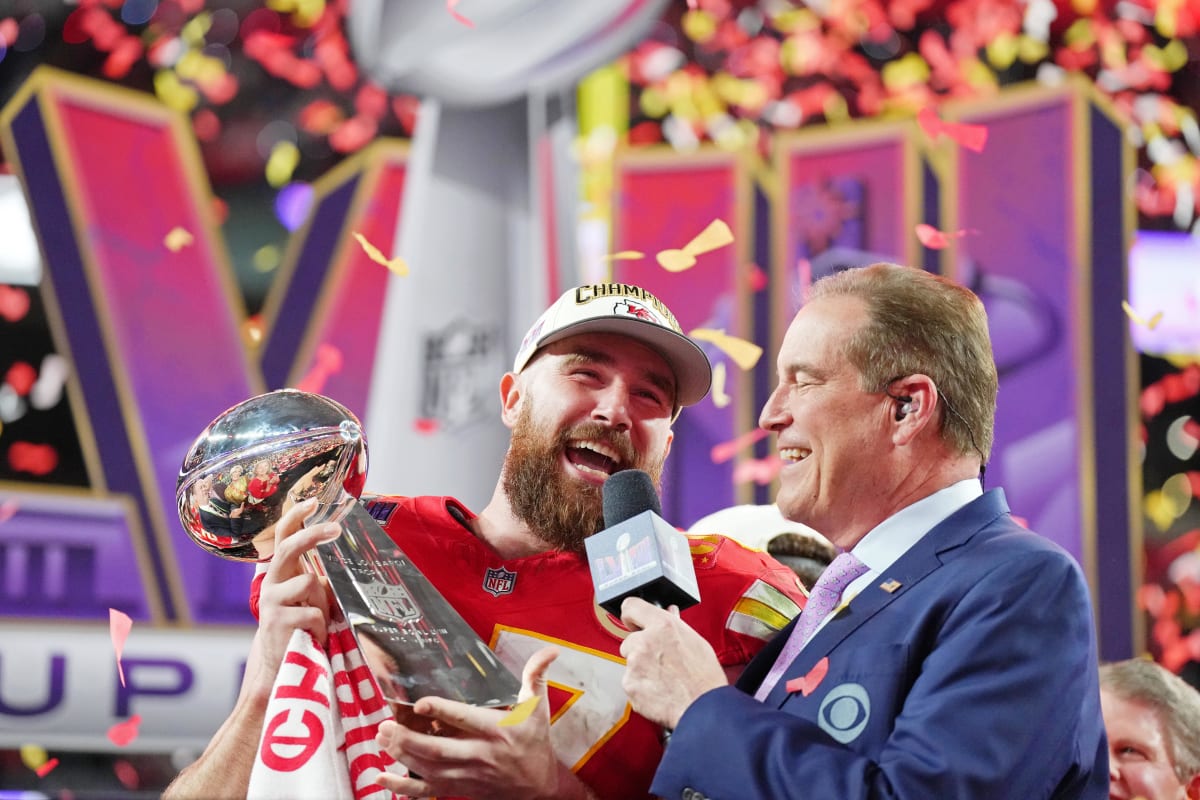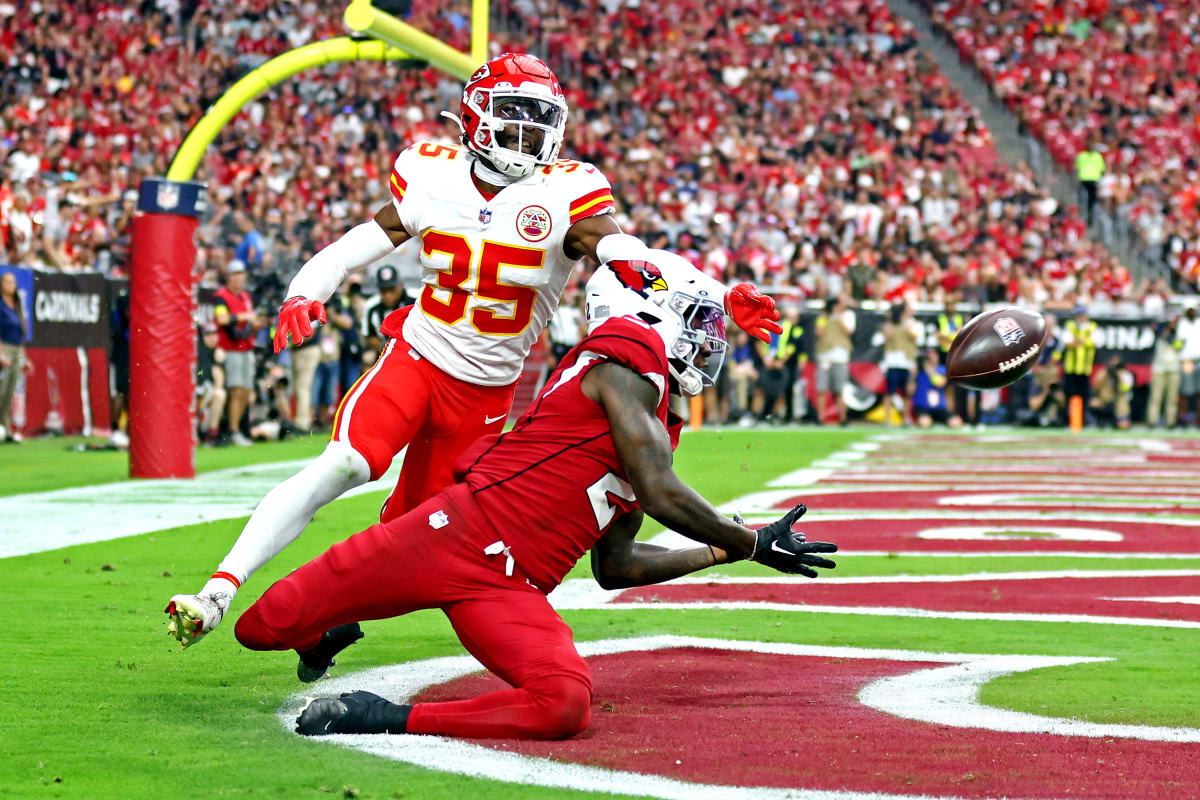What is your family like?
My dad Graham Sinclair was in the military as a fighter pilot, my mom, Suzanne, was in the military as an air traffic controller and my brothers Alex and Neile are 29 and 27 years old.
Are you a first-generation American?
Yes, I am first generation. My parents and brothers are Canadian and my grandparents are English and Scottish.
How influential were your parents in your athletic career?
My parents were a huge part of my athletic career. My dad taught me how to curl and he was my coach for a long time growing up. My mom is my biggest fan–she drove me all over creation to competitions and practices as kid.
In your hometown, what are your favorite spots to relax, eat out, etc.?
In Manotick [Canada], you have to check out the Mill. It’s really an active mill from the 1800 that still grinds flour today. It is a beautiful area by the water with really nice parks. A short walk from there is Millers Oven, which is a little lunch coffee shop run by volunteer seniors of the community including my grandmother. They have the best service, plus the money raised all goes to help the seniors in the village. If you want dinner you can walk a little farther to the Mill Tavern. Its basically the only pub in town and they have the best fish and chips! My personal favorite is just hanging out with friends and family around the bonfire, roasting marshmallows with my brothers playing guitar and just having a good laugh.
What time do you wake up? How much, and when, do you sleep each day during training?
7:30 am. I normally sleep 8 hours a night.
How much time do you spend training?
Six hours. Two hours on ice, two hours in the gym working out and stretching, one hour mental training, one hour adminstrative work for the team.
What’s your typical training day/schedule?
I wake up, have my morning breakfast and coffee. I will normally do any physio exercises in my apartment before heading out for the day. Then I get to the training center, have practice on ice with the team for two hours, grab some food for lunch in the restaurant, and then hit the gym! After that I get home around 4:00 pm and spend a lot of time on my computer doing administrative stuff for the team like stats, reports, booking hotels for our next events, sponsor emails, etc. Before bed I take some time to work on my visualization or read a sports psychology book.
How do you work to achieve your daily goals?
I keep a journal where I track my daily goals, weekly goals, etc. That way I am accountable and have motivation to keep doing what I’m doing as I see the improvements.
What is your favorite workout or fitness trend?
I wish it were yoga, but it’s not. I really like our workouts with our personal trainer because it is different every time and she really pushes us!
What’s the most grueling work out you’ve ever done?
Any workout that we do during our week-long summer training camp in Colorado Springs at the Olympic Training center is the hardest. We are really competitive so we are really pushing one another, plus it’s at an altitude which we aren’t used to so it can be super tough.
What would people be surprised to learn about training for the Olympics?
It’s a full-time job. The dedication and sacrifice is huge in all aspects of life, especially personal life.
It there anything you do for training that’s out of the ordinary or experimental?
Our team does a lot of team building. Curling teams are very small, only 4 people and during a game you have a lot of decisions to make as far as strategy and how you are going to throw the rock. It’s important to communicate well, all be on the same page, and be efficient and effective, so we practice being in high stakes, and pressure situations to work on our team systems.
What does a typical day of eating look like during training?
I have fructose malabsorption so my diet is a little unique. That means that I can’t digest sugars (fructose, dextrose, and including lactose so I’m lactose intolerant). My diet is pretty boring but it doesn’t upset my stomach so I’m happy.
What is your earliest memory of doing or seeing curling?
When I was 8 years old, my dad and granddad brought my brothers and me to watch the Tim Horton’s Brier (Canadian men’s national curling championship). I didn’t really know what was happening but I liked the atmosphere and I sure do remember the cotton candy!
The next year my dad taught me how to curl and I started competing. When I was 9, I won my first prize… a chocolate bunny. From then on I was hooked. I’m a pretty competitive person so I love that aspect, but also love the strategy. That drew me in.
What’s your earliest or favorite memory of watching the Olympics?
In 2010 I remember watching the gold medal game in women’s curling. It was an intense game and I couldn’t look away. I didn’t really imagine myself in that position at that time, but once I got a bit more of my own success at the junior level I started to imagine myself at the Olympics.
Was there a specific “breakthrough” moment/competition when you finally realized you could compete in your sport at a high enough level to reach the Olympics?
I was 14 and just came back to school after being away for a week competing at the 2007 Canada Winter Games. (I was playing lead for Rachel Homan out of Ontario.) We won gold, so I remember showing off my medal. My classmates were all very impressed and they asked if that meant that I was going to go to the Olympics. While it wasn’t an Olympic year and I was still way too young, I replied “No, not this year, but I’ll be there in 2018.”
What’s something cool, weird intense about your sport that people don’t normally see? What’s the hardest part of your sport?
I would say the yelling is pretty intense. The skip and thrower get to yell at their sweepers at the top of their lungs to encourage them to sweep harder. The harder I want them to sweep, the louder my voice is. They can hear the urgency and intensity in my voice.
The balance is probably the hardest part. Without perfect balance it’s hard to throw the high hard shots and it makes those fines shots that much harder as well.
Are there any misconceptions about your sport that you would like to clear up?
It is very physically demanding. Fitness has become a huge factor for top performing teams in the last 10 years. Interval training and upper body work for sweepers and leg drive for the throwers.
Who is your coach? How long have you been working together and what’s your relationship like?
Scott Baird. We have been working together for one year. We get along really well; our personalities are really good together.
Who do you socialize with most within your sport or any sport?
I socialize a lot with my team since we spend so much time travelling on tour together. The cool thing about curling too is that on tour you see a lot of the same teams at different tournaments all over the world. It’s really fun to see everyone, catch up and then go out and play against each other.
Have you ever worked with a sports psychologist? If so, how did it help you?
Yes, I’ve worked with a sport psychologist for 9 years now. I think it is a huge part of the game. Being mentally strong is what can set you apart from your competition.
What’s the best piece of advice you’ve ever received?
My mom used to always say “don’t make excuses, work hard and make it happen”.
What’s a big obstacle that you’ve overcome in your life?
I was born with a hearing disability. In third grade, my teacher noticed that I wasn’t hearing her and so I got my first pair of hearing aids. I went through a ton of testing because hearing loss is often a symptom of something more severe. Thankfully it wasn’t. It did make school more difficult though because it was hard for me to follow along. Socially it was also difficult because I always had those few kids that would make fun of my hearing aids or my FM system. I even had a supply teacher that refused to wear the microphone for my FM system so I couldn’t hear her. But, I got by. I was on the honor role in high school and graduated Carleton University with an honors degree in International Business.
What is your biggest fear when competing?
My biggest fear is letting my team down.
Who is your Olympic role model?
This past Summer Olympics I became a big fan of Laurie Hernandez. What she overcame with her injury was truly remarkable. She has such dedication, love for the sport, a great attitude, positivity and enthusiasm that is contagious.
Within your sport, who has been your greatest influence and why?
Rachel Homan of Canada was my greatest influence. I played with her from 2006-2007 and she really showed me how to be competitive, how to skip and guided me. She was older than me so we didn’t play together for very long but she showed me how I wanted to be with my own team one day.
What athlete in any sport has been your greatest source of inspiration?
I find JJ Watt really inspirational not only for his talent on the field but also all of the charity work he does off the field. Giving back to the sport is something I really believe in so all the work he does is really inspiring.
What advice would you give to a young child just starting out in curling?
I would say find a good coach, get really strong technically and then have fun while competing. The friends you make along the way will last a lifetime.
Who is your biggest rival? Is it friendly or contentious?
Nina Roth, she is the other top U.S. women’s team so we are always competing against each other to represent our country.
Who was the most influential in helping you achieve your dreams?
My dad always inspires me to push the limit. He was my coach for years and really showed me the ropes. Even now, I call him up and ask him strategy questions or discuss technical skills. I love to spend an evening watching curling and talking about it with my dad.
Did anyone ever tell you that you wouldn’t be able to succeed in your sport? How were you able to overcome that?
I had a coach that told me I wasn’t good enough because of my hearing disability. It was the first time in my life I was put down because of my hearing loss. I went home and cried to my parents. They reinforced that I wasn’t defined by my disability, that I didn’t have to be ordinary when I could be extraordinary. At that point, I started skipping my own team. My parents were my rocks and I wouldn’t have been able to come back from that without them.
What is your favorite perk of being an elite Olympic athlete?
The travel is a huge perk. Curling has taken me all over the world to places I would never otherwise be able to go to and meet people that share that same passion as me.
What are your pre-competition rituals?
We have a pretty sound pre-event and pre-game routine. Consistency is very important for us but we don’t do anything outside the norm. We have a pre-event meeting to discuss goals and schedule and then in the car the team always sits in the same seats.
Are you superstitious? What do you make sure to do during a competition?
No. But I do admit, I always wear the same socks while I compete. I wear 2 pairs of socks (one pair of white ankle socks and then another pair of thick black high socks) I’ll change the ankle socks every day but the black socks stay the same all competition.
Do you speak any other languages?
I speak French and English fluently and I know conversational Spanish. I went to a French school up until seventh grade and then switched to an English school. In university I got my minor in Spanish and then did a year abroad study in Chile at a Spanish university.
Do you have any hidden talents?
No, I can’t even whistle.
Do you collect anything?
I collect patches from all of the countries I have visited. I put them all on my travel backpack.
What’s your favorite animal? Have you ever seen one in person?
I love koala bears! They are the cutest things ever and I just want to cuddle them! I have never seen one in person.
What charities do you support? How did you become involved?
I am a big advocate for the Charlotte Curling Club. I donated all my sales from the 2017 Women of Curling calendar to their youth program to try and help grow the sport and give back. I’m also part of Athletes for Hope where I take part in numerous activities with kids and visit children’s hospitals.
If you were not an athlete, what would you be doing?
I would have gone back to school for carpentry. I would love to be renovating and flipping houses.
When you have time off, what would constitute a perfect day for you?
I would wake up, enjoy my morning coffee, have brunch, go for a hike in the afternoon, then curl up on the couch and watch a movie at night. Also if someone could cook dinner for me that would a cherry on top since I’m really not a good cook.
How do you unwind after a competition?
After a competition I am exhausted because we could play 10 games in 3 days. I mostly sleep the whole next day.
Do you like to travel? What has been the most special place you have traveled to and why?
I am very fortunate that my dad is an airline pilot so I have been able to travel for cheap. When I lived abroad, I traveled around South America a lot. Bolivia really stands out. It’s the poorest country I have ever been to but I have never felt safer. One of my goals is to visit all the wonders of the world. So far I have seen the Great Wall of China, the Coliseum in Rome and my favorite, Machu Picchu.
What’s something quirky about yourself that people would be amused to learn?
I can’t whistle and I had a pet ferret named Trooper growing up. I also absolutely love nail polish and shoes.
What’s your personal motto?
“Go confidently in the direction of your dreams, live the life you have imagined.” It used to be posted on my bedroom wall in high school.
What are some of your hobbies?
I love traveling, hiking, photography, camping, and building furniture. I also really enjoy flipping houses with my family.
What are five songs you enjoy listening to while training?
Imagine Dragons – On Top of the World
Sia – Alive
Angelika Vee & Sons of Maria – Breathe Into Me
Cazzette – Blue Sky
Shinedown – How Do You Love
Do you have any celebrity crushes?
Channing Tatum
What are your favorite TV shows?
Modern Family, Friends, any decorating show on HGTV like Fixer Upper.
Have you been to South Korea before? What are you most looking forward to about the Games being hosted in South Korea? Anything you want to see or do?
I have never been before. I look forward to trying their local cuisines once the competition is done. The Gyeongbokgung Palace and the N Seoul Tower would be pretty cool to see!
Have you ever done karaoke? What’s your go-to karaoke song?
I’ve only ever done it in public with a group of people and I think my go to song is “We Are Family” by Sister Sledge.
What will success look like for you in PyeongChang? What are your goals?
Our goal is to qualify at the Olympics. Getting a medal would be a huge success for us.
Will you head home for the holidays prior to the Games? What do you most look forward to?
I will head to Ottawa for Christmas, see my family, relax for a couple days and maybe practice with my Dad.
What’s a traditional holiday meal for your family?
For Christmas breakfast we do a big brunch and I’m in charge of the toast (I’m not a good cook so that’s all they trust me with) and Orange Julius which is a blended drink we have.
For Christmas dinner we always do a big turkey. My grandmothers stuffing, tea biscuits, mashed potatoes and gravy!
Our tradition is that on Christmas Eve we have a game night. It gets very competitive but it is a blast!
What’s on your Christmas or holiday list this year?
Making the Olympics and getting the Olympic rings tattoo!

